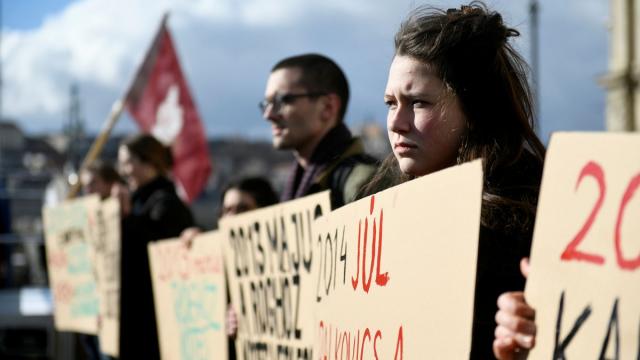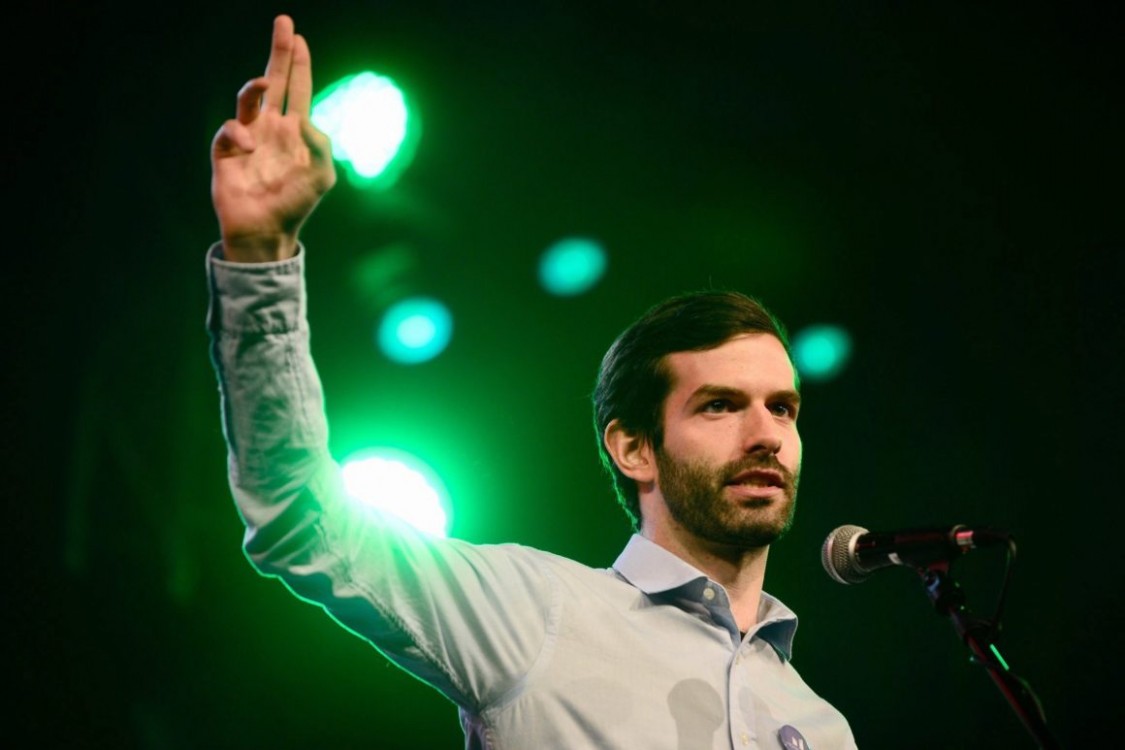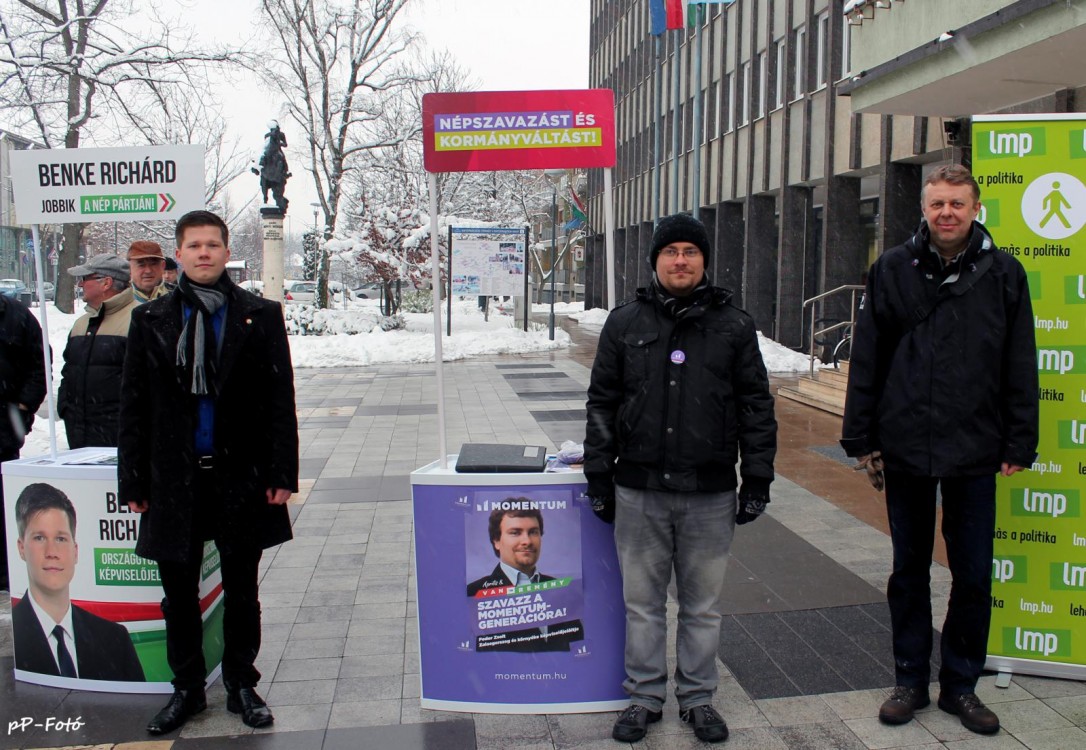
With anti-E.U. rhetoric at its peak and the apparent dissolution of the European left on its way, many believe the results from last month's European Parliamentary elections could mean that a far-right era on the Old Continent is here to stay.
Anti-Union sentiment has been on the rise since the E.U.’s poor performance handling the refugee crisis and, before that, the debt crisis. More immediately, lackluster economic policies across the member states forced the European Commission to act urgently to prevent almost 20 million citizens from ending up in poverty or facing social exclusion.
With the U.K. government’s hand finally tipped with the Brexit Party’s landslide E.U. victory, it would seem the Union’s future is rocky at best. But even in the face of all that is shifting rightward, another movement appears to be growing in response.
Taking back the debate
The ideal of a united Europe has always seemed lofty, given that the Union has been largely unwilling to effect change. By all accounts, a pro-E.U. rhetoric seemed too complex and difficult to defend compared with the populist "separate is best" agenda.
But now, according to research by the European Council on Foreign Relations, pro-European parties across many member states were able to present the stakes of the recent elections in a more concise way that boosted pro-E.U. calls to action. According to the ECFR, this included articulating the possible collusion of anti-E.U. parties with foreign interests (like Russia), and open attempts to dissolve freedom of movement within the E.U., which would lead to some form of collapse of the European economy.
The ECFR had determined that anti-E.U. parties would only need to gain 30 percent of the total seats in Parliament in order for the above to come into effect – just enough to weaken the hold of pro-E.U. and liberal parties within the Union. And their prediction, it appears, came largely true.
The situation would appear to be hopeless, but now change might be coming from one of the more populist-minded member states: Hungary.
Building Momentum for change
"You're fighting today to keep all these things alive...” European Commissioner Margrethe Vestager said during her address to the Momentum Party Rally in May. “You need to know that you are not alone. Europe is with you."
The European Commissioner was referring to the independent judiciary, press freedom and equal opportunity: European values that have been under threat ever since the Fidesz party established an absolute majority in the Hungarian parliament.
Since then, the Fidesz administration has worked toward hamstringing freedom of the press within the country, while Prime Minister Viktor Orban has indulged in increasingly lavish conspiracy theories as part of his anti-E.U. rhetoric.
All this while the Hungarian government has been working hard to pass labor legislation that could allow employers to demand up to 400 hours of overtime from their workers – a proposition appropriately called a ‘slave law’ by political activists and union leaders alike.
Created as a pushback to the widespread, corrupt, anti-E.U. policies established by the Orban administration, the Momentum Party was established by 28-year-old Fekete-Gyor. A political upstart, like Orban before him, Gyor has so far gained the support of voters in Budapest. He declared in a previous statement:
"The time has come for those from Kazincbarcika, from Budapest, and from London, the right- and the left-leaning, the Christian and the atheist, the poor and the rich, the young and the old, to recognize our shared national fate, because we have a task. Let’s set aside our animosities, because we’re all patriots, because we’re all valuable constituents of Hungarian nationality, and our task is no less than this: building an entrepreneurial, cohesive and modern nation in the Europe of the 21st century."
His position represents the first bit of coherent opposition the Fidesz party has had to face in nearly a decade. Despite the fact that Momentum only secured 5 percent of the Hungarian vote, they intend to play the long game in the field of European politics.
Not a battle, but a war
Momentum’s plans to retake the debate from the right, by refusing to focus on existing political labels, represents a strategy for the long haul: like the right before them, opposing pro-E.U. parties will need to present a united front, eager to listen to their voters, if they are to regain power.
As it currently stands, the the pro-E.U. side appears to have lost focus, perhaps in need of new, more dynamic leadership. If hardline Brexit does come to pass, in whichever form, it would result in the greatest shift and weakening of the European Union as populist nationalism takes over for good in the U.K.
But will this be the end of the E.U.? The short answer is no, not yet. If pro-E.U. parties can bank on facilitating enough change and make themselves the face of a Union that is willing to acknowledge and work through its past failings, perhaps there is a chance out of the ideological – and political – crisis. Either that, or it's a decade-long climb back to the top.

















